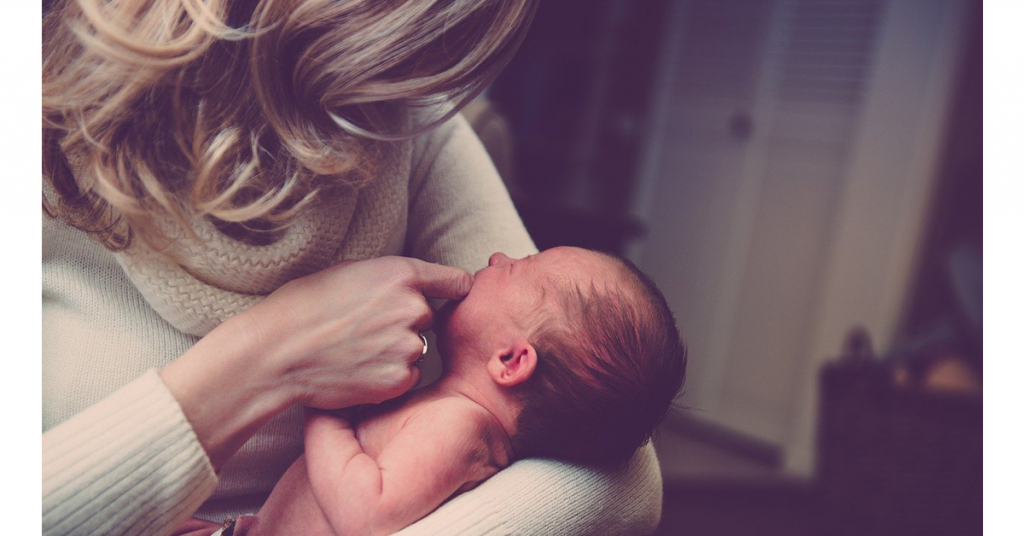If pregnancy is a lifetime experience then motherhood should be best described as a lifelong commitment. As perfectly said, motherhood is probably the only ‘job’ which doesn’t have any retirement and which could be rephrased as ‘once a mother is always a mother’. Needless to say, it’s not just the physical care of the baby but it’s a complete and ever-challenging task to rear up a new life, support for a smooth child cum adulthood as well as protect him/her from all the life adversities. In this chaos and constant demand for delivering all these perfect roles, we, the husbands, relatives, friends or the children often forget to look back to the mother’s own health; and mental health probably comes at last, with least importance.
Postpartum blues, depression or Postpartum psychosis no more alien words to the health professionals or even for common population in general but addressing them at the right moment by the right person are still facing challenges. Both reporting or acceptance of the problems as well as early identification and treatment same are hugely compromised and minimal for the developing countries like ours.
Also Read: Pregnancy: a need for integrated care for the mother-child unit
Why are new mothers at risk?
The entire duration of pregnancy remains eventful with intense hormonal and subsequent physical-mental changes, which continues after child delivery too. Interestingly, though generally postpartum period is considered up to 6 weeks for physical health conditions, mental health specialists consider the span till 1 year following childbirth which itself explains how deep and long the mental health effects can persist for a new mother.
Following a successful pregnancy, a healthy and long-desired child turns into the focus of family for obvious reasons, at the cost of neglecting the mother’s physical or mental health needs. Especially, countries like ours, where women are expected to return to their various roles once the pregnancy is over, they hardly have any option other than hiding the pains and sorrows.
Lastly, motherhood itself is a challenging task, which is hardest and most demanding in the early days where the child is completely dependent upon the mother and the mother herself is regaining own health. For the very first time mothers, it’s even more challenging due to inexperience and lack of confidence, especially when numbers of nuclear families with working mothers are ever-increasing.

What are the symptoms and how to pick the red flags?
The exhaustion of giving birth to a child itself can be massive but not to overlook the mental exhaustion too. Prolonged fatigue, losing interest to get back to daily works or even mere self-care could be early symptoms as well as red flags for impending depression or mental health difficulties.
Crying often, losing temper, worrying about the child’s growth and optimum care, poor appetite or sleep are usual experiences for new mother which at the same time, can be the early presenting signs needing attention. Overlooking the same as a normal or regular ‘behavioural changes’ can lead to further complicated presentations later.
The mother-child bond is very special and universal across every culture. But this often remains ‘cold’ or ‘underdeveloped’ when a new mother is struggling with her own mental health. Critical comments or perceiving the same as failure to be a ‘good mother’ will turn the situation worse and complicated only!
Role of family and husband:
Support of a spouse can be very pivotal in anybody’s life. But, often the society expects and has made this norm only for the wives, not otherwise. Support is mutual and can make or break one’s life, which gets tested best at the time of need and crisis. Pregnancy followed by the motherhood can turn extremely difficult with an uncooperative spouse, especially in a social structure where women are automatically expected to fulfil every role even just after the childbirth. On the other hand, a supporting husband can do wonder and make everything much easy just by ‘being there’ and understanding situations or accepting the realities. This minimum can be done with minimal efforts and one need to be just there, to act optimal and effective! In-laws and extended family members are much valuable too, especially for social structures like ours.
Ways towards smooth motherhood:
Problems are always difficult but solutions are available too. The basic of every life situation is applicable here as well, and panic stigma or denial won’t help anywhere. Treatments are available, the response is mostly good but getting treated from the right professional at right time is important and not to forget about the baby’s health and maintaining proper mother-child bond during the phase.
The last needs extra emphasis and importance as it can turn into a double-edged sword, where, in a serious form of postpartum mental health conditions the thoughts are often against the child him/herself (out of the nature of illness) where the prolonged separation of the child from mother can harm the child’s mental and social development as well. Careful and supervised union of the mother-child and treating/dealing the situation as a whole is the key for the optimum and best possible care. This is very particular and specific which often needs specialised settings or professionals where outcomes are brilliant too.
Remember for proper growth and nurture of your child along with maintaining your family well, you need a huge contribution and cooperation from your wife neglecting which may turn extremely detrimental for your entire existence to say the least. So care adequate for the mother, and care for your entire future too in the same process.




